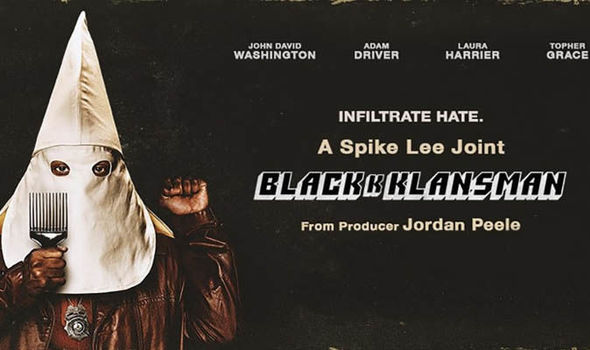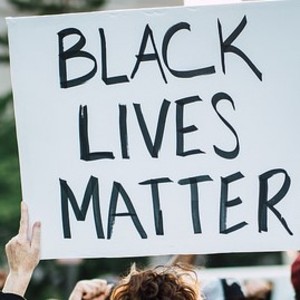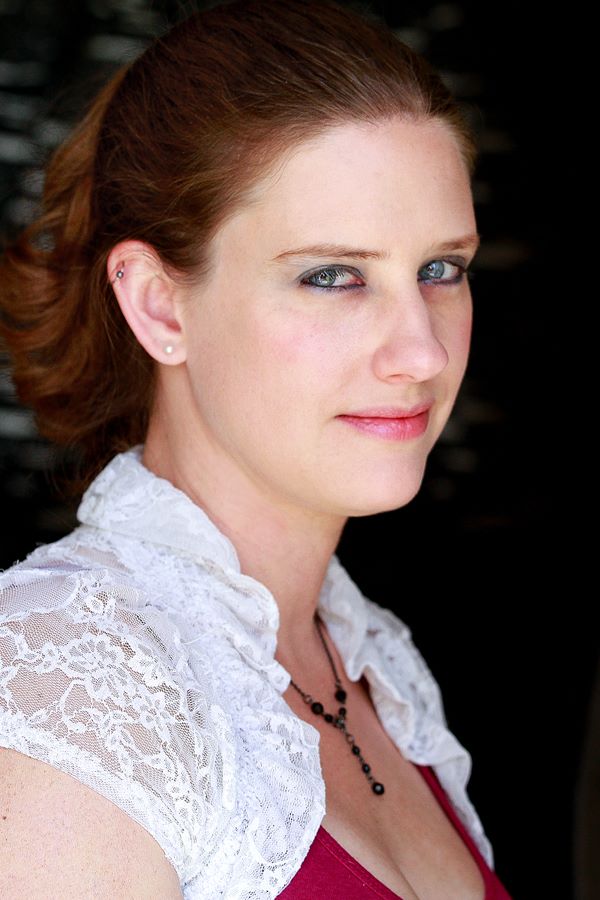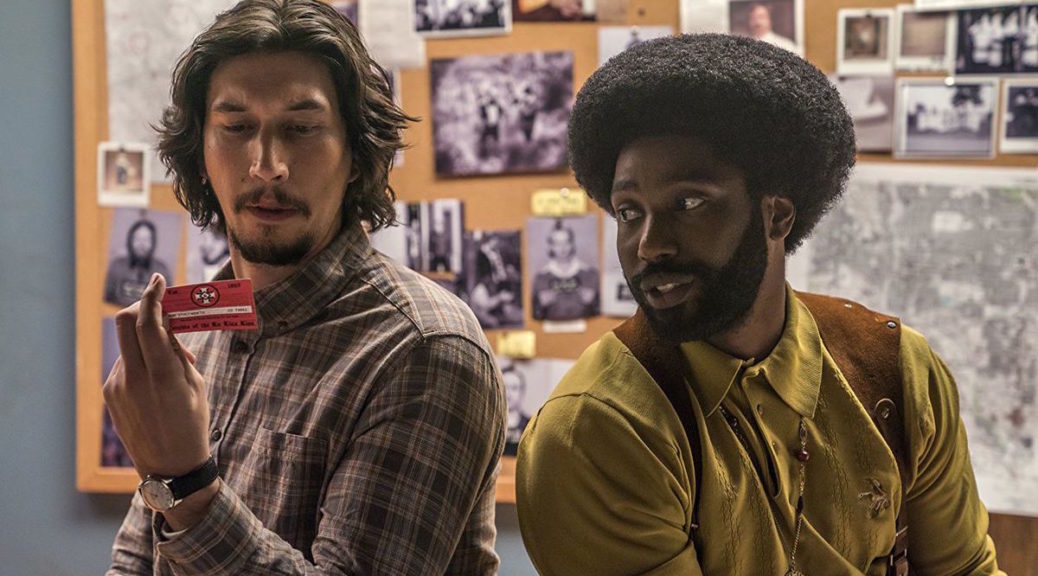How BlackkKlansmen Made Me Rethink My Own Racial Bias.
White people in America have a weird binary view of racism. If you say the N-word, you’re racist. If you don’t, you’re in the clear. But racism doesn’t begin and end with that word. There are a thousand ways white people contribute to a racially charged atmosphere that we may not even realize, even if we have the best of intentions.
Since watching BlackkKlansman, I’ve been thinking about some of my own ingrained prejudices. I’ve always had this sort of “Ugh” attitude toward Spike Lee. Didn’t know why, just never really liked him. And when I went to see BlackkKlansman, I started to wonder what the source of my dislike was. That’s when I realized that my parents constantly bashed him when I was a kid. That’s it. That’s the only reason. He is a black man who tells stories about the black experience and racism and it made my parents uncomfortable, so they talked about how much they disliked him. So I disliked him too, even if I didn’t understand why.

Recently John Oliver did an interview with Anita Hill. As soon as I saw her, I thought “Ugh.” And sure enough, I reached back and realized that my parents had constantly talked about Anita Hill as an opportunistic liar. So here I am, a feminist who preaches about believing women, and I have this ingrained dislike for a woman who spoke out against abuse of power and was treated horribly for it. That was more about traditional gender roles than race, but I do wonder if it would have made a difference if Anita Hill were white.
My mom would regularly say a slow driver was on “CP time,” so for a long time as a kid I thought black people just naturally moved slowly – like it was a genetic trait.
I once confronted her about something she said that was incredibly dismissive of black Americans. She blasted me. She can’t be racist, she said, because she marched for civil rights in college. And she DID march. And I don’t think she ever intentionally did anything racist – she was a school teacher who helped a lot of kids of all races – but I do think she was raised in a society that taught her certain lessons you can’t shake if you never confront them.
This is why it’s important as white people to constantly question our prejudices. I’m a full-grown adult, but I still have these ingrained prejudices that I’ve never really explored or analyzed. It’s also very important that parents remember that your kids are listening. You don’t have to use the N word to be a racist. I’ve never heard my mother use that word. But I did hear the way she talked about Rodney King.

We don’t get a lifetime pass because we went to a march and held up a sign. We don’t get to call ourselves “allies” and then pat ourselves on the back because we were nice to a black person today (a thing I have definitely seen white people do on my timeline). Conquering our inherent prejudices is sometimes an ongoing battle. Even if your parents planted those seeds, it’s up to each of us to rip that weed out on our own. Once you’re fully grown, you can no longer blame anyone but yourself for your beliefs.
I’ve been thinking a lot about the dumb racist shit I said when I was younger. And I’m sorry. I never used the N word or burned a cross, but I was complicit. I told a black friend that I just didn’t find black men attractive. I argued about why the Civil War wasn’t about slavery. I didn’t listen enough. I was too busy defending the way of life that made being white more comfortable. Just like so many of us, I have an instinctive need to defend my past and the beliefs I was taught, because if I’ve been wrong this whole time then I’m part of the problem, and that makes me very uncomfortable. But I can either change – and make a vow to listen more and defend less – or I can continue to pretend that the only kind of racism is the obvious kind, and continue to be part of the problem. I don’t want to be part of the problem anymore.
Thank you to all of my black friends – and many of my former students – for being patient and explaining the world to me so that I could grow and change – and I’m still doing it. I know you’re tired of having to teach us all the time. But it’s working, I think. I know I’m better for it.
And BlackkKlansman is fantastic and you should go see it. Spike Lee is brilliant, and he’s been brilliant the whole time.

Emily Blake writes screenplays with lots of fight scenes. She is a vocal advocate for feminism, polyamory, kink, and sex positivity. She makes most of her money as a script supervisor for film and television, but she also makes cosplays for clients out of her little apartment in Los Angeles.

